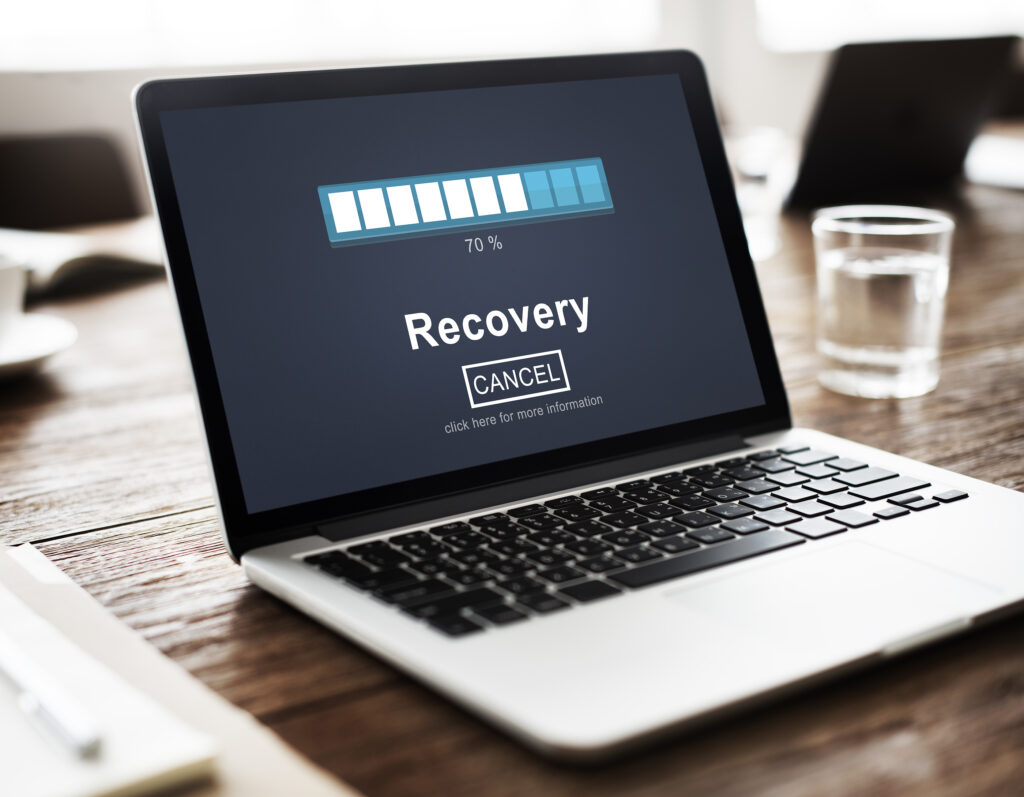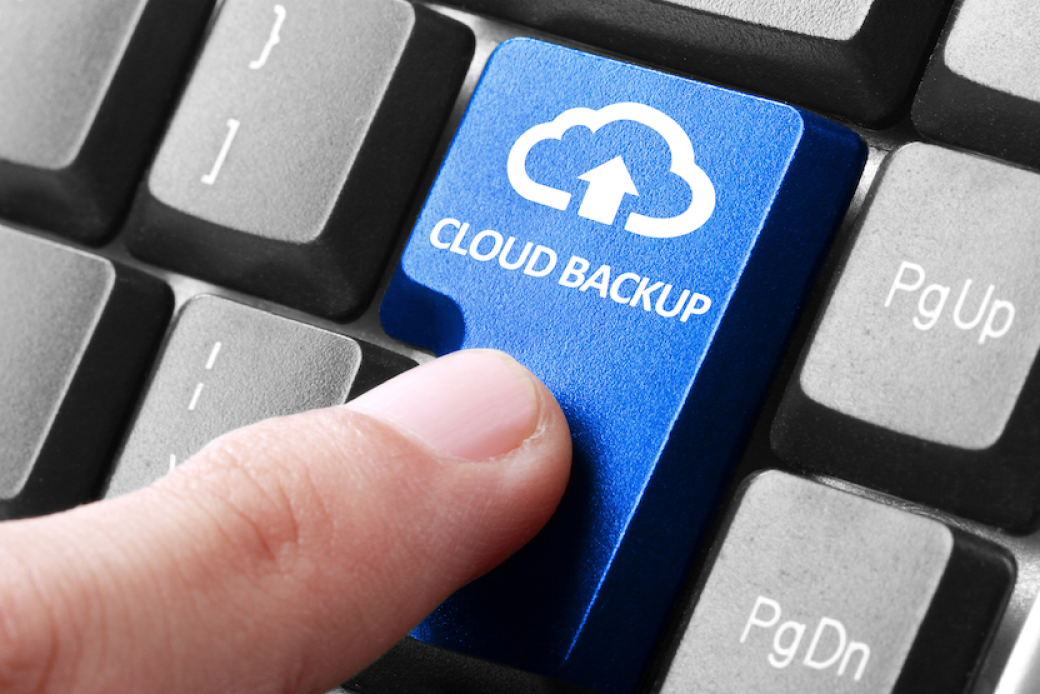Key Considerations For Setting Up Backup Settings For Your Gadgets
In an era where data is paramount, ensuring the safety and accessibility of your information is crucial. Setting up effective backup settings for your gadgets can safeguard against data loss and enhance your peace of mind. Here are essential factors to consider when configuring backup settings.

1. Choose the Right Backup Method
Selecting the appropriate backup method is the first step. There are primarily three types of backups: local, cloud, and hybrid. Local backups store data on physical devices like external hard drives or NAS (Network Attached Storage). Cloud backups save data on remote servers accessible via the internet. Hybrid backups combine both local and cloud methods, offering the advantages of both. Assess your needs, budget, and internet reliability to choose the best method for you.
2. Determine Backup Frequency
The frequency of backups depends on the nature and volume of your data. For personal use, daily or weekly backups might suffice. However, businesses or individuals handling critical data should consider real-time or hourly backups. Automated backup schedules can ensure consistency and reduce the risk of human error.
3. Ensure Data Encryption
Data security is paramount, especially when using cloud backups. Ensure your backup solution offers encryption both during transfer (in transit) and storage (at rest). This protects your data from unauthorized access and cyber threats. Verify the encryption standards and protocols used by your backup service provider to ensure robust security.
4. Verify Backup Integrity
Regularly verify that your backups are complete and intact. Backup solutions with verification features can automatically check the integrity of your backups, ensuring data has been accurately copied. Periodically perform test restores to confirm that your data can be successfully recovered when needed.
5. Manage Storage Space
Backup storage space is a finite resource, whether local or cloud-based. Monitor your storage usage and manage it effectively. Implementing incremental or differential backups can save space by only backing up changes made since the last backup. Clean up outdated or redundant backups to free up space for current data.
6. Set Up Notifications and Alerts
Stay informed about the status of your backups by setting up notifications and alerts. These can inform you of successful backups, failures, or potential issues that need attention. Timely alerts can help you address problems promptly, ensuring continuous data protection.
7. Plan for Disaster Recovery
A robust backup strategy includes a disaster recovery plan. This plan outlines the steps to take in the event of data loss or a system failure. Ensure that your backup solution supports quick and efficient data restoration. Regularly update and test your disaster recovery plan to ensure it remains effective.
8. Consider Data Retention Policies
Define data retention policies based on your needs and regulatory requirements. Determine how long backups should be kept and when they should be deleted. Adhering to retention policies can help manage storage costs and ensure compliance with legal obligations.
9. Utilize Redundancy
Redundancy ensures that multiple copies of your data are stored in different locations. This can protect against data loss due to hardware failure, natural disasters, or cyber-attacks. Redundant backups add an extra layer of security, ensuring that your data is always recoverable.
10. Educate and Train Users
Finally, ensure that everyone involved understands the importance of backups and knows how to use the backup system. Provide training on how to initiate backups, verify their success, and restore data. An informed team is crucial for maintaining a reliable backup strategy.

By considering these key factors, you can establish a comprehensive backup strategy that protects your valuable data and ensures its availability when needed. A proactive approach to backups can prevent data loss and minimize downtime, giving you peace of mind in an increasingly digital world.
Contact us Today at +254 724740527 to learn more about how our weekly digital marketing newsletter can help your business succeed.
You Can Also Reach Us Via Our Email Address: mansoor@goplacesonline.com
Business Feature
Follow us on:







